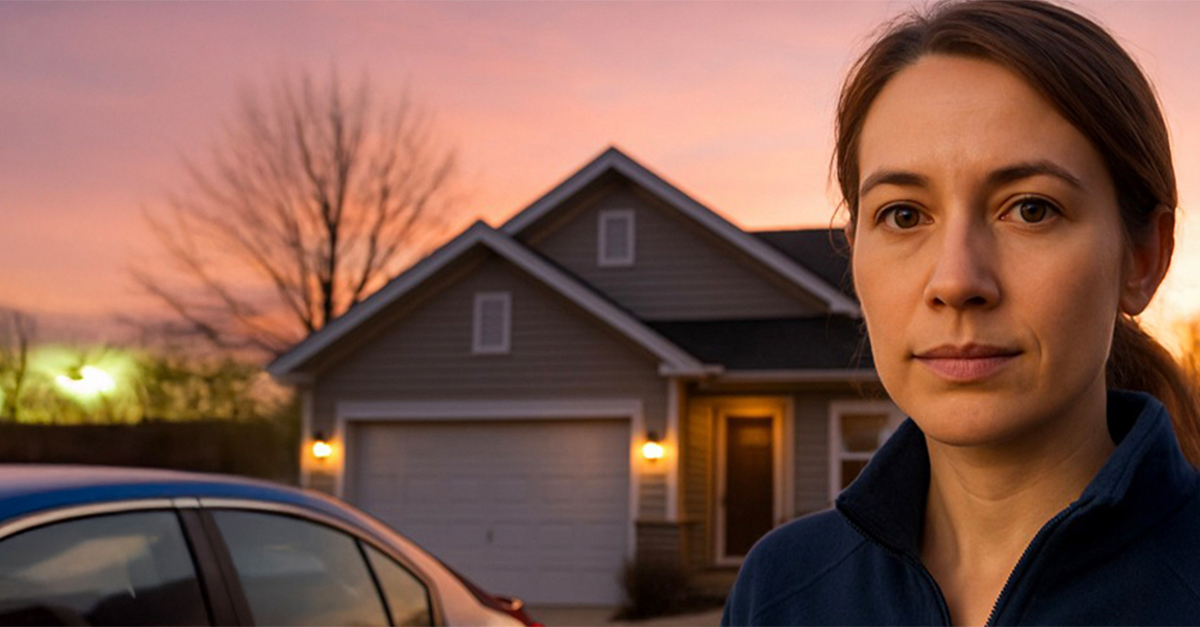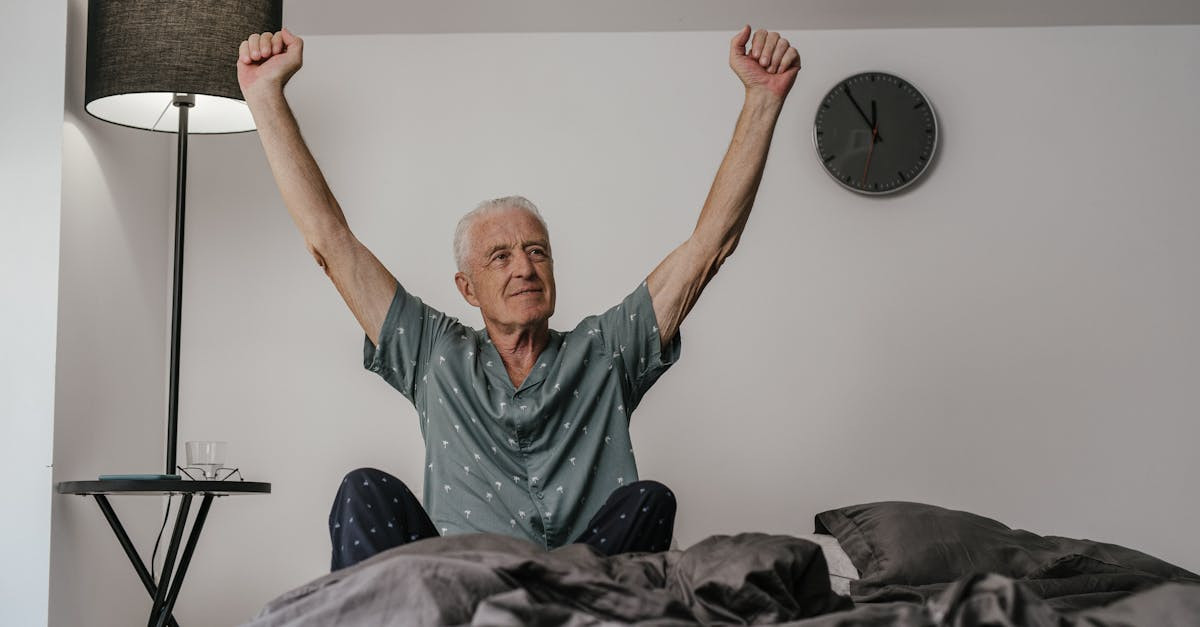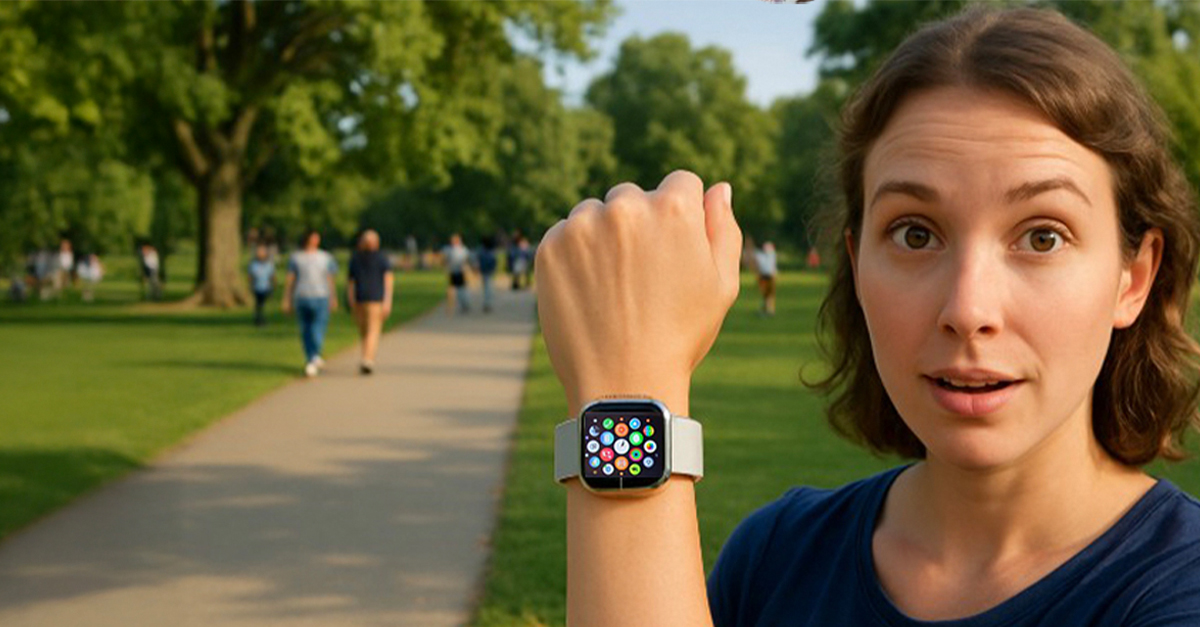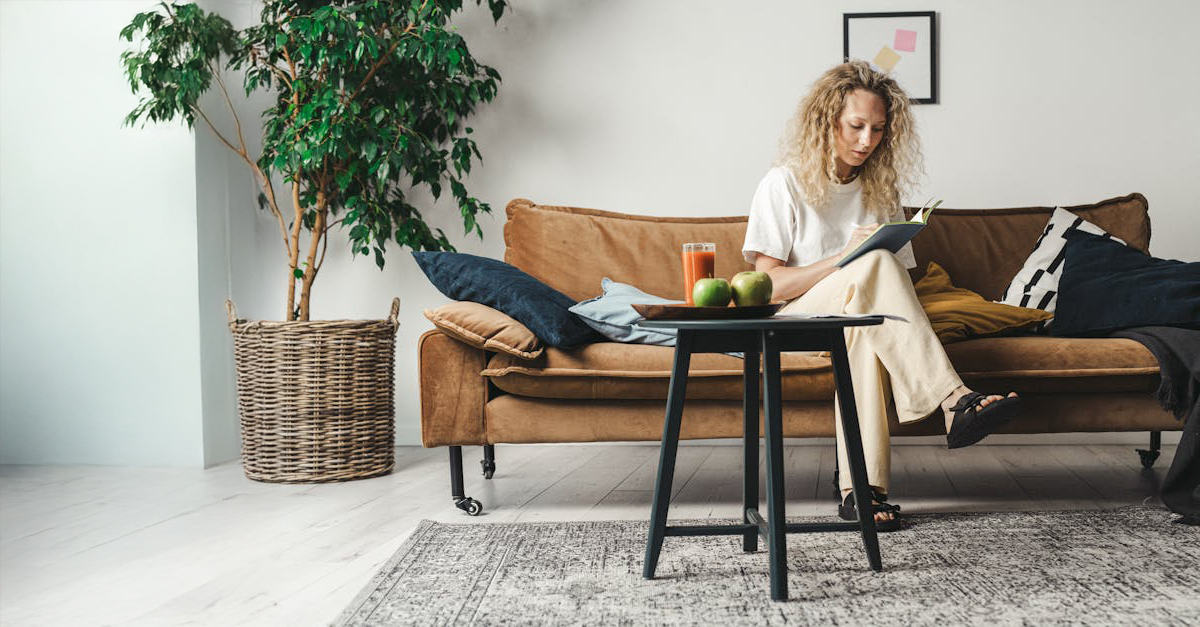The debate between early risers and late-night dwellers has existed for centuries. Some people swear by the productivity and calm of early mornings, while others find their best focus and creativity after the sun goes down. Science offers insight into the health benefits of each lifestyle, and whether switching from one to the other is a good idea.
The Case For Morning People
Morning people generally set their sleep cycles around natural daylight. This supports healthy circadian rhythms, and improved mood, metabolism, and energy levels. Studies show morning people generally report better sleep quality, less stress, and a lower risk of depression. They get the added benefit of having their active hours overlap with normal work and school schedules.
The Case For Night Owls
Night owls often see their peak mental performance and creativity later on in the day. Their brains are more alert during the evening, which is ideal for some professions or artistic pursuits. Society tends to favor morning schedules, but night owls can thrive in flexible environments; research shows they can adjust to late hours with no ill effect as long as sleep quality is maintained.
Physical Health
Morning people often have an easier time getting regular exercise, as morning workouts are not as prone to interruption by work or social obligations. Night owls may struggle with early-morning commitments but thrive on evening exercise sessions. Both lifestyles can be healthy if the person is getting enough sleep and proper nutrition.
Mental And Emotional Well-Being
Morning people usually score higher on questionnaires about optimism and life satisfaction, maybe due to closer alignment with the schedule of the rest of society. But night owls often report high levels of cognitive flexibility and originality. The key mental health factor at play here isn’t the time of day, but whether your schedule allows you to rest and minimize stress.
Work And Productivity
A lot of workplaces run on a 9-to-5 schedule, which gives morning people a natural advantage. Night owls might feel “social jet lag” if forced into early morning routines, which can be a drain on productivity and well-being. But in creative fields, freelance work, or industries with flexible hours, night owls can take advantage of their late-day focus for a standout performance.
Does It Make Sense To Switch?
Switching from one schedule to another is possible but may turn out to be a challenge. Your body’s own sleep patterns are partly genetic. Sudden changes can cause poor sleep quality and moodiness. Gradual adjustment of bedtime in 15-minute increments is easier, but adapting your environment to suit your natural rhythm is healthier than forcing yourself to make a 180-degree change.
Putting It All In Perspective
Neither lifestyle is better than the other. The “best” choice depends on your own disposition, health condition, and daily obligations. The healthiest schedule is one that allows you to: get adequate rest; fulfill your responsibilities; and maintain your mental and physical well-being. This holds true whether you get up at the crack of dawn or work late into the night.
Closing Thoughts
Morning people do enjoy some social and logistical advantages, and night owls can be at their best creatively and cognitively in the right conditions. Don’t worry about trying to fit into a mold, just figure out the routine that works best for you. If you put an emphasis on getting enough rest, it really doesn’t matter if you’re a morning person or night owl.
You May Also Like:
Easy Ways To Improve Your Sleep Dramatically










